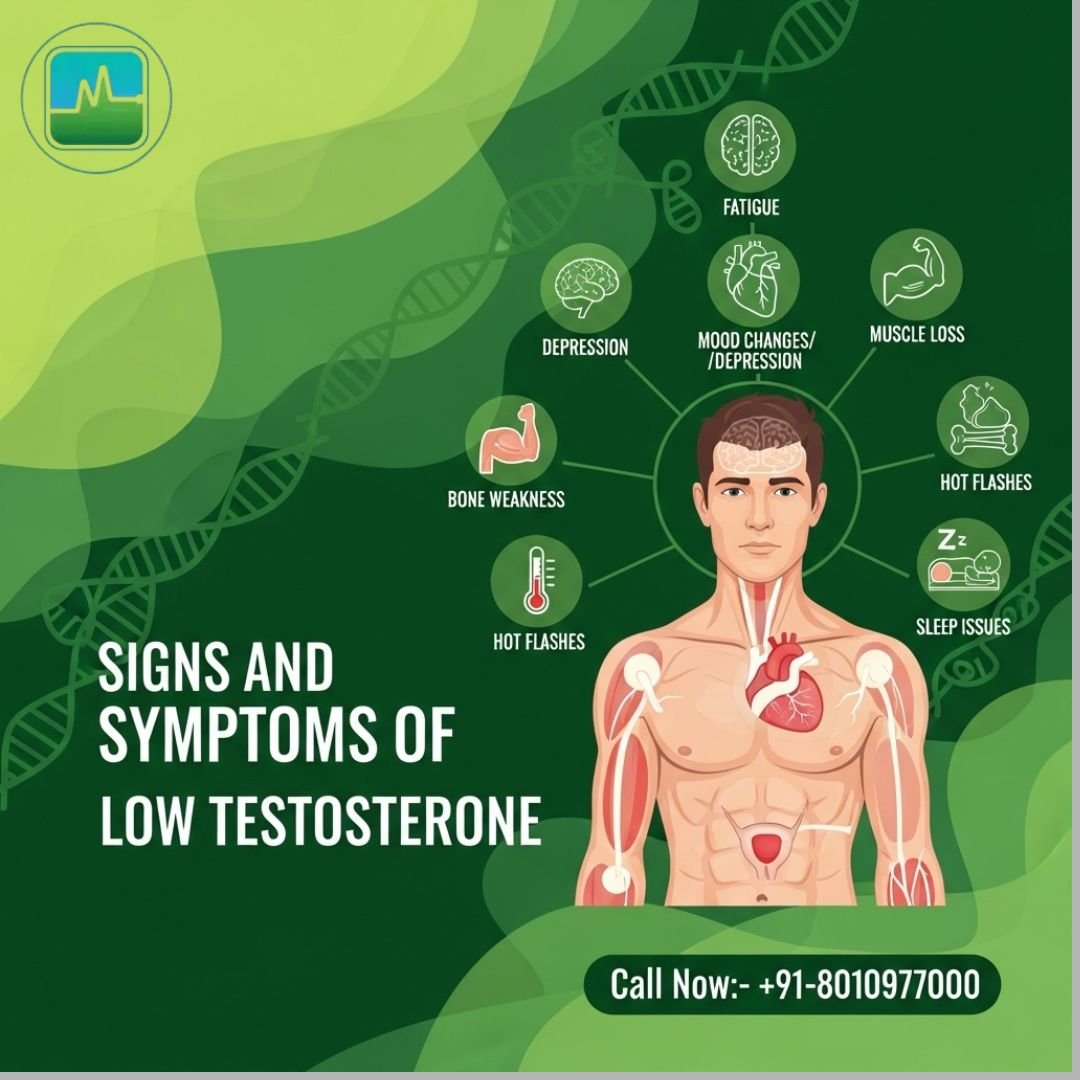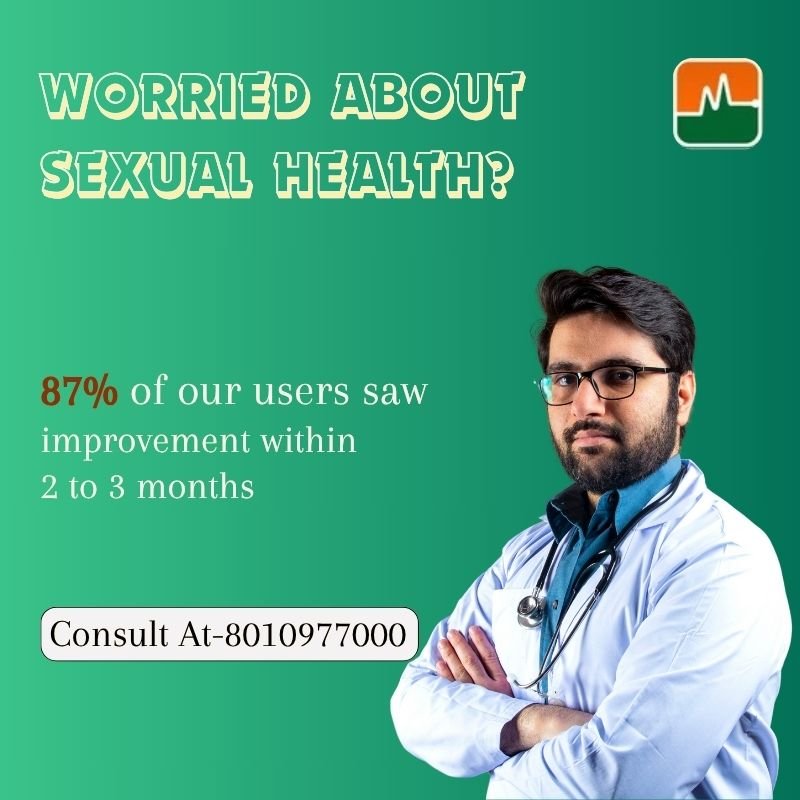1. Understanding Heavy Period PCOS
1.1. What is Polycystic Ovary Syndrome (PCOS)?
Polycystic Ovary Syndrome (PCOS) is a common hormonal disorder affecting women of reproductive age. It’s characterized by irregular menstrual cycles, elevated androgen levels, and the presence of small cysts on the ovaries. PCOS can impact various aspects of a woman’s health, including her menstrual cycle, fertility, and metabolism.
1.2. Defining heavy menstrual bleeding
Heavy Period PCOS, also known as menorrhagia, is defined as excessive or prolonged menstrual bleeding. This can include periods that last longer than seven days, the need to change sanitary products every hour or two, or passing large blood clots. Heavy periods can significantly impact a woman’s quality of life and may be a sign of underlying health issues.
1.3. The prevalence of heavy periods in women with PCOS
Studies have shown that women with PCOS are more likely to experience heavy menstrual bleeding compared to those without the condition. While not all women with PCOS will have heavy periods, it’s estimated that up to 30% of PCOS patients may experience menorrhagia. This connection between PCOS and heavy periods is often overlooked, leading to delayed diagnosis and treatment.
2. The Hormonal Imbalance Behind PCOS and Heavy Periods
2.1. The role of insulin resistance in PCOS
Insulin resistance is a key factor in PCOS and can contribute to heavy periods. When the body becomes resistant to insulin, it produces more of this hormone to compensate. High insulin levels can stimulate the ovaries to produce excess androgens, disrupting the menstrual cycle and potentially leading to heavier bleeding.
2.2. Elevated androgens and their impact on menstrual flow
Women with PCOS often have higher levels of androgens, such as testosterone. These elevated androgens can interfere with the normal menstrual cycle, leading to irregular ovulation and changes in the uterine lining. In some cases, this hormonal imbalance can result in heavier periods when menstruation does occur.
2.3. Estrogen dominance and its effect on the uterine lining
PCOS can create a state of estrogen dominance, where estrogen levels are high relative to progesterone. This imbalance can cause the uterine lining to thicken excessively. When menstruation occurs, the shedding of this thicker lining can lead to heavier and more prolonged bleeding.
3. How PCOS Affects the Menstrual Cycle
3.1. Irregular ovulation and its consequences
PCOS often leads to irregular or absent ovulation. When ovulation does occur, it may be unpredictable and infrequent. This irregularity can result in longer intervals between periods, allowing the uterine lining to build up more than usual. When menstruation finally happens, it can be heavier due to the increased amount of tissue to shed.
3.2. The buildup of endometrial tissue
The hormonal imbalances in PCOS, particularly the relative excess of estrogen, can cause the endometrial tissue to continue growing and thickening. Without regular ovulation and the subsequent progesterone rise, there’s no signal for this tissue to stop growing. This excessive buildup can lead to heavier bleeding when the period eventually comes.
3.3. Increased risk of endometrial hyperplasia
Women with PCOS have a higher risk of developing endometrial hyperplasia, a condition where the uterine lining becomes abnormally thick. This can result in extremely heavy periods and, if left untreated, may increase the risk of endometrial cancer. Regular monitoring and appropriate management of PCOS are crucial to prevent these complications.
4. Diagnosing Heavy Period PCOS
4.1. Common symptoms and warning signs
- Periods lasting longer than seven days
- Needing to change sanitary products every hour or two
- Passing large blood clots during menstruation
- Feeling fatigued or short of breath during your period
- Experiencing pelvic pain or cramping outside of your regular period
4.2. Diagnostic tests and procedures
- Blood tests to check hormone levels, including androgens and thyroid function
- Pelvic ultrasound to examine the ovaries and uterine lining
- Endometrial biopsy in some cases to rule out endometrial hyperplasia or cancer
4.3. The importance of a comprehensive health assessment
Diagnosing PCOS-related heavy periods requires a thorough evaluation of your overall health. This includes assessing your medical history, menstrual patterns, and any other PCOS symptoms you may be experiencing. A comprehensive approach helps ensure accurate diagnosis and appropriate treatment planning.
5. Treatment Options for PCOS-Induced Heavy Periods
5.1. Lifestyle modifications and their impact
- Maintaining a healthy weight through diet and exercise
- Managing stress through relaxation techniques or counseling
- Avoiding smoking and limiting alcohol consumption
These lifestyle changes can help regulate hormones and potentially reduce the severity of heavy periods.
5.2. Hormonal therapies and their effectiveness
- Combined oral contraceptives to regulate menstrual cycles and reduce bleeding
- Progestin-only options like the mini-pill or hormonal IUD
- Metformin to address insulin resistance and potentially improve menstrual regularity
5.3. Surgical interventions for severe cases
In some severe cases of PCOS-related heavy bleeding, surgical options may be considered:
- Endometrial ablation to remove the uterine lining
- Uterine artery embolization to reduce blood flow to the uterus
- Hysterectomy as a last resort for women who have completed their families
6. Long-Term Health Implications
6.1. Anemia and iron deficiency risks
Chronic heavy periods can lead to iron-deficiency anemia. Symptoms may include fatigue, weakness, and shortness of breath. Regular monitoring of iron levels and appropriate supplementation may be necessary.
6.2. Fertility concerns and pregnancy complications
PCOS is a leading cause of infertility. Heavy periods associated with PCOS can further complicate fertility issues. Women with PCOS may also face a higher risk of certain pregnancy complications, making preconception care and close monitoring during pregnancy essential.
6.3. Mental health impacts of managing PCOS and heavy periods
The physical and emotional toll of managing PCOS and heavy periods can be significant. Many women experience anxiety, depression, or poor body image. Seeking support from mental health professionals and support groups can be beneficial in coping with these challenges.
7. Summary: Empowering Yourself with Knowledge
Understanding the connection between PCOS and heavy periods is crucial for effective management. By recognizing the symptoms, seeking proper diagnosis, and exploring treatment options, you can take control of your health. Remember, every woman’s experience with PCOS is unique, and working closely with your healthcare provider is key to finding the best management strategy for you.
8. Frequently Asked Questions
Can PCOS cause heavy periods even if I don’t have all the typical PCOS symptoms?
Yes, it’s possible to experience heavy periods due to PCOS even if you don’t have all the typical symptoms. PCOS manifests differently in each individual, and heavy periods can sometimes be one of the primary symptoms.
Are there natural remedies to manage PCOS-related heavy periods?
Heavy Period PCOS: Some natural approaches that may help include maintaining a healthy diet rich in anti-inflammatory foods, regular exercise, and stress management techniques like yoga or meditation. However, it’s important to consult with your healthcare provider before trying any new remedies.
How can I discuss this issue effectively with my healthcare provider?
Prepare for your appointment by tracking your menstrual cycle and symptoms. Be open and honest about your concerns, and don’t hesitate to ask questions. If you feel your concerns aren’t being addressed, consider seeking a second opinion from a gynecologist or endocrinologist specializing in PCOS.
If you are facing the problem of Heavy Period Pcos, you can directly consult with Dr. Monga for expert opinion.











Leave a Reply